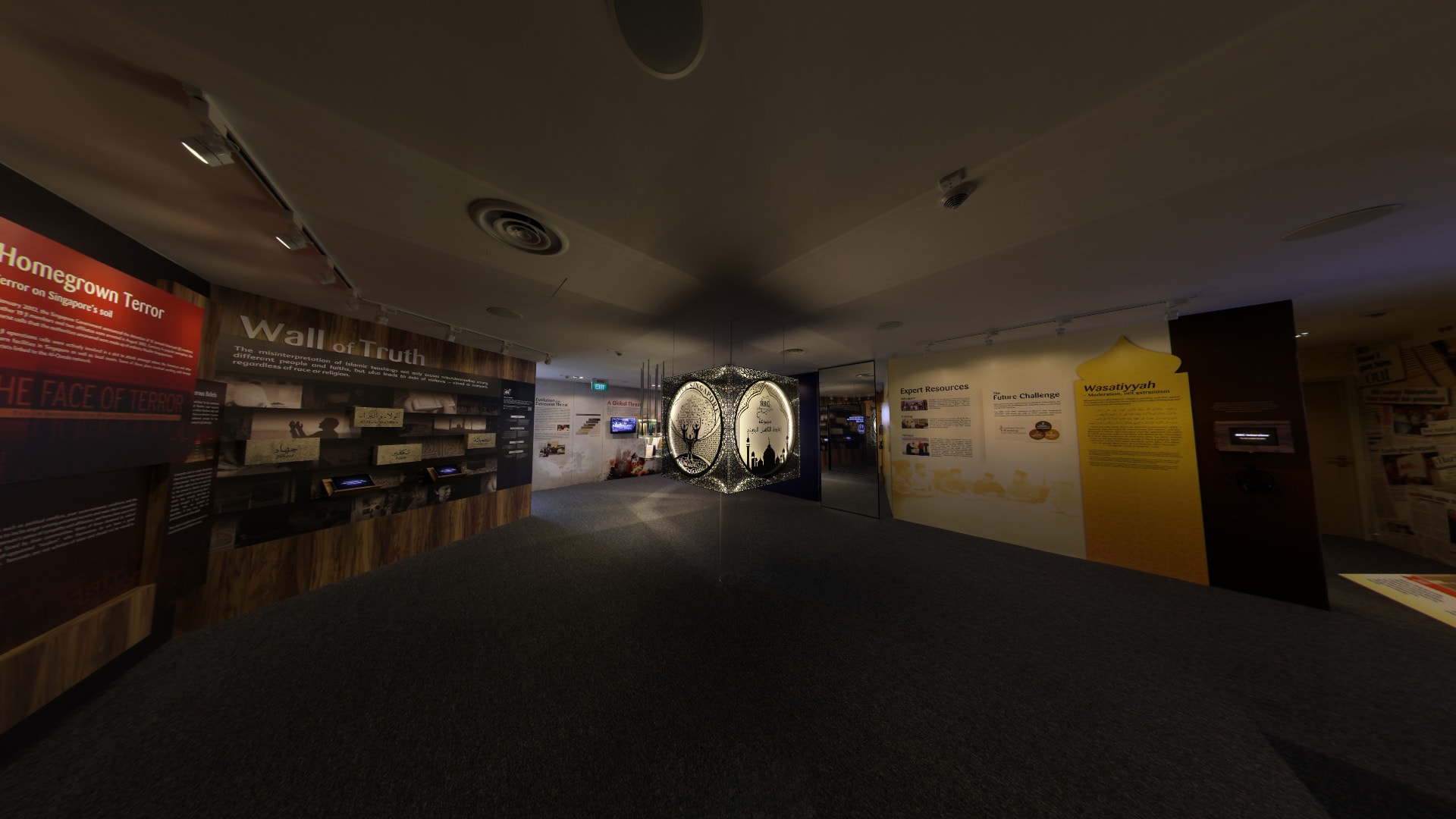Importance of Context
Introduction
 Muslims today live under a variety of system of rule, in different cultural, geographical and political environments. Such different living environments suggest that the challenges faced by Muslims today had become more varied, and that there is not necessarily a ‘one-size-fits-all’ solution for the same problem faced by say a Muslim in a Muslim majority country, compared to a Muslim living as a minority. Beyond physical characteristics such as culture, geographies and political systems, the dimension of time is equally critical for Muslims to reflect, if we are to successfully navigate through a myriad of challenges in their respective environments.
Muslims today live under a variety of system of rule, in different cultural, geographical and political environments. Such different living environments suggest that the challenges faced by Muslims today had become more varied, and that there is not necessarily a ‘one-size-fits-all’ solution for the same problem faced by say a Muslim in a Muslim majority country, compared to a Muslim living as a minority. Beyond physical characteristics such as culture, geographies and political systems, the dimension of time is equally critical for Muslims to reflect, if we are to successfully navigate through a myriad of challenges in their respective environments.
What contextualizing is and what it is not
Contextualizing Islam DOES NOT mean adapting Islamic theology to Western norms. Instead, contextualizing Islam is about realizing the potential within Islam that is related to (i) being a ‘good’ Muslim regardless of the situation we find ourselves in, (ii) developing and enhancing positive relationships between Muslims and non-Muslims, and (iii) contributing productively to the society that we lived in.
Does contextualization exist in Islam?
Contextualizing has always existed in Islamic traditions. The religion was revealed to Prophet Muhammad over the course of 23 years incrementally, so as to cater to the context and development of the Muslim society then. The prohibition of alcohol is a case in point. Islam first started by criticizing the drinking habit because it was something that is deeply entrenched in pre-Islamic Arabs. Islam then prohibited Muslims from drinking when they are about to perform their prayers before forbidding the consumption of alcohol totally. This incremental approach indicates Islam’s sensitivity to the needs of the society then, rather to impose its teachings without any flexibility. The Sharia also provides room for flexibility through the concept of rukhsah (exemptions from a general rule; concessions) to cater to the varying needs of Muslims in different situations.
Living as a Muslim in secular Singapore
There are a number of realities that Muslims in Singapore has to accept: (i) We are living in a multi-racial and multi-religious society, (ii) Muslims here enjoy reasonable freedom to practise of religion despite being a minority group and (iii) Secularism in Singapore relates more to a neutral and non-partisan government that is impartial to any religious groups for the higher goal of harmonious living (rather than an outright denial of God, heaven, hell and other religious concepts). Given these realities, Muslims here need to recognize that to practise Islam to perfection is remote in such an environment, and thus should instead focus on priorities that would promote Islam and Muslims here as ambassadors of positive conduct and productive contributors of society.


